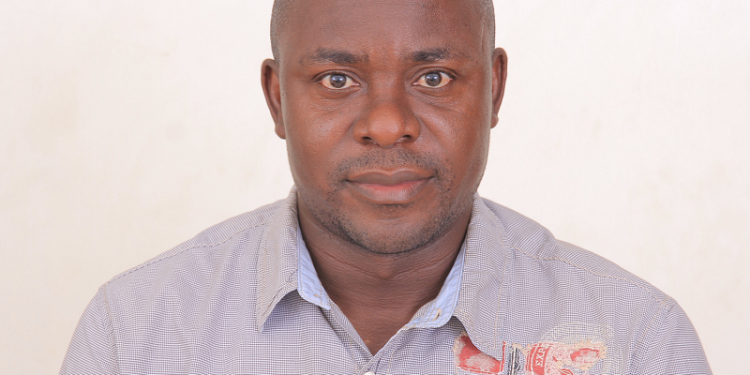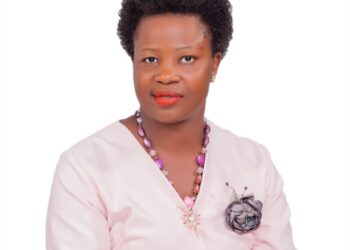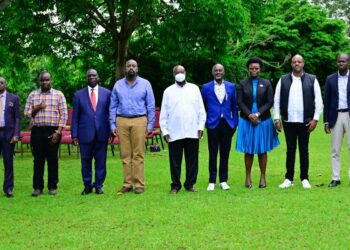In a bizarre twist of events, the Uganda Medical and Dental Practitioners Council (UMDPC) has been commanded by the High Court to forward a list of King Ceasor University (KCU) medical graduates to the Ministry of Health for internship deployment across the country. This decision comes after the UMDPC inexplicably excluded KCU graduates from the internship placement process, leaving them in limbo and jeopardizing their careers.
A Tale of Two Decisions
The UMDPC’s initial decision to exclude KCU graduates was met with widespread criticism and outrage. Many questioned the council’s motives, wondering why they would wait until after graduation to raise concerns about the quality of education at KCU. The council’s justification, citing the need to protect society from ill-trained practitioners, rang hollow in light of their inaction during the students’ five years of training.
A Courtroom Showdown
Two determined KCU graduates took the matter to court, challenging the UMDPC’s decision as unfair, illegal, and irrational. Their legal battle culminated in a landmark ruling by Justice Musa Ssekaana, who ordered the UMDPC to forward the list of KCU graduates for internship deployment. Outside Justice Musa Ssekaana’s ruling, another glaring inconsistency was unearthed: Some UMDPC officials, including the current secretary general, allegedly taught these KCU students during their training. This raises serious questions about the council’s objectivity and impartiality. Why, if they had genuine concerns about KCU’s standards, did they not raise them earlier, during the students’ training?
Protecting Society or Protecting Professional Interests?
The UMDPC’s justification for its decision is undermined by its own actions. By failing to raise concerns about KCU’s training earlier, the council has allowed these students to progress through their education without addressing any potential deficiencies. This raises the question of whether the council’s actions are genuinely motivated by a desire to protect society or by a desire to protect the vested interests of its own members. The court’s decision rightly points out that the UMDPC’s actions in this case constitute an overreach of its authority. The council is not empowered to usurp the NCHE’s role in accrediting universities. By attempting to do so, the UMDPC has undermined the integrity of the accreditation process, and created unnecessary confusion and public anxiety.
A Call for Transparency and Accountability
The UMDPC’s actions in this case have not only cast a shadow over the council’s credibility, there is also erosion of public trust in the university. It is imperative that the council comes clean, providing clear and transparent oversight during and after training of medical students. They must also demonstrate a commitment to fair play and accountability, ensuring that such questionable practices do not recur in the future. The council must also work closely with the NCHE to ensure that accreditation standards are consistently upheld, and that students’ careers are prioritized.
The Future of KCU Graduates
While the High Court’s ruling has provided a glimmer of hope for KCU graduates, their future remains uncertain. The internship placement process is highly competitive, and they may face additional hurdles due to the delay in their deployment. Worse still, the UMDPC that is supposed to take immediate steps to address these challenges and ensure that these graduates are given a fair opportunity to pursue their careers in medicine has appealed in a higher court.
Dongo-Shema F is the President, Association of Biology Educators (ABE). Tel: +256 782 642 338
Do you have a story in your community or an opinion to share with us: Email us at editorial@watchdoguganda.com














